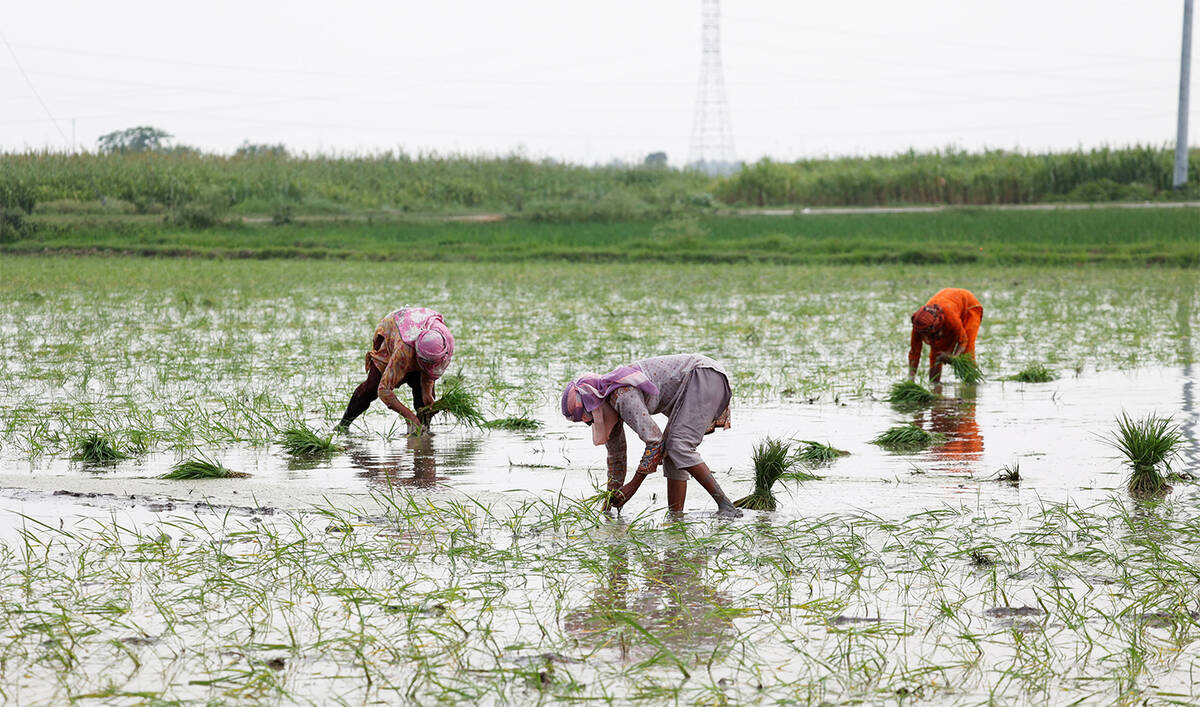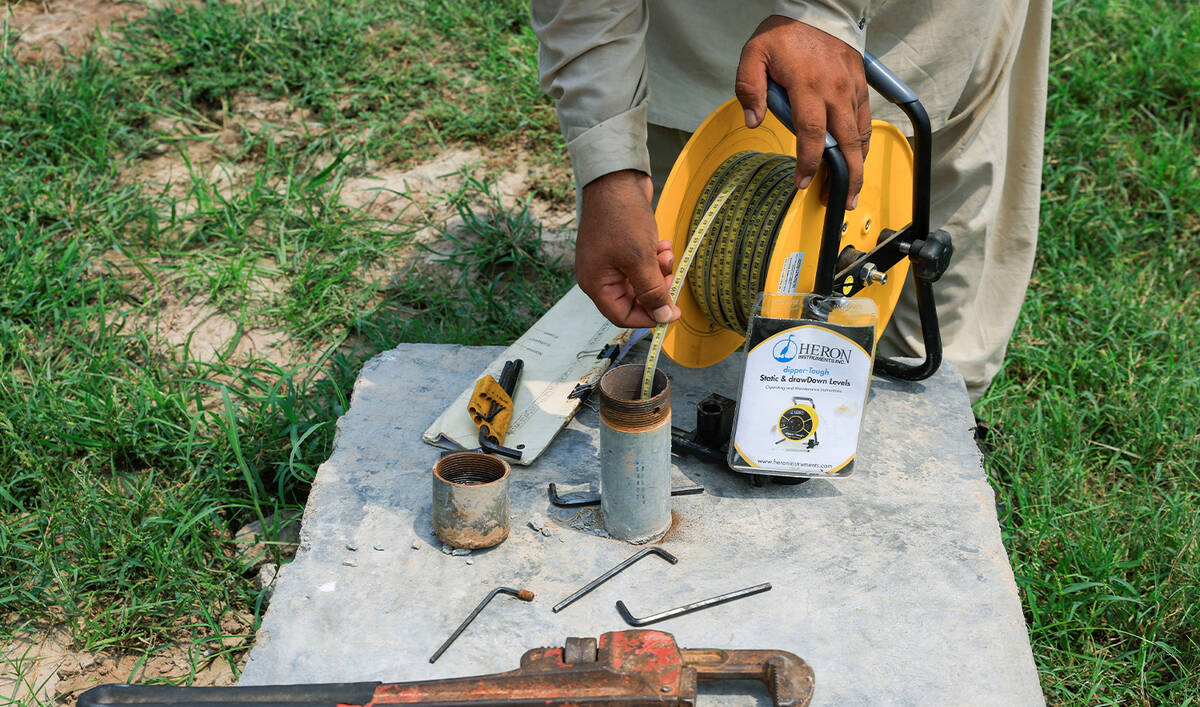ISLAMABAD: Pakistan would gain no ŌĆ£conceivable advantageŌĆØ by involving itself in an incident like the Pahalgam attack in Indian-administered Kashmir at a time when it is on the path to economic stability, Prime Minister Shehbaz Sharif said on Thursday, amid heightened tensions between Islamabad and New Delhi over the attack that killed 26 people on April 22.
India has accused Pakistan of backing the attack, which Islamabad denies. The nuclear-armed rivals have since expelled each otherŌĆÖs diplomats and citizens, ordered the border shut and closed their airspace to each other. New Delhi has also suspended a crucial water-sharing treaty with Islamabad.
Soldiers on each side have also exchanged fire along their de facto border, driving tensions between India and Pakistan to their highest point in recent years. The situation prompted US Secretary of State Marco Rubio to call senior officials in India and Pakistan this week in an effort to defuse the crisis.
The tensions come at a time when Pakistan is treading a long, tricky path to economic recovery under a $7 billion International Monetary Fund (IMF) program since averting a default on its foreign debt obligations in 2023. Islamabad has reached out countries in Central Asia and beyond to boost trade as economic indicators significantly improved in the South Asian country.
ŌĆ£Pakistan condemned terrorism in all its forms and manifestations, and underscored the nationŌĆÖs sacrifices in the war against terror,ŌĆØ PM Sharif said in his conversation with QatarŌĆÖs emir Sheikh Tamim bin Hamad Al-Thani, underscoring his nationŌĆÖs hard-earned economic gains over the past year.
ŌĆ£Pakistan would gain no conceivable advantage by involving itself in any such incident at a time when it was on the path to economic stability.ŌĆØ
Sharif reiterated his call for a credible, transparent and neutral international investigation into the Pahalgam attack, expressing concerns over IndiaŌĆÖs ŌĆ£weaponization of the waters of the Indus Basin.ŌĆØ
India on April 23 suspended the World Bank-mediated Indus Waters Treaty of 1960 that ensures water for 80 percent of Pakistani farms, saying it would last until ŌĆ£Pakistan credibly and irrevocably abjures its support for cross-border terrorism.ŌĆØ Islamabad has described IndiaŌĆÖs move as an ŌĆ£act of war.ŌĆØ
In his conversation with the Pakistan premier, the Qatari emir his country wanted to work with Pakistan toward ensuring the de-escalation of the current crisis.
Public anger has swelled in India and Prime Minister Narendra Modi has vowed to pursue the attackers ŌĆ£to the ends of the earth.ŌĆØ A Pakistani minister has said that Pakistan has ŌĆ£credible intelligenceŌĆØ that India is planning to attack it within days.
Pakistan Information Minister Attaullah Tarar told CNN on Thursday that India had failed to provide a shred of proof of PakistanŌĆÖs involvement in the Pahalgam incident.
ŌĆ£India, after Pahalgam incident, blamed Pakistan without any evidence, but Pakistan has offered a fair and transparent investigation to the matter,ŌĆØ he said, adding that New Delhi had used such incidents as pretexts to attack Pakistan in the past.
ŌĆ£This is not the first time, they have done this before in the past, exploiting such incidents to their advantage.ŌĆØ
On Thursday, PakistanŌĆÖs army chief, Gen. Asim Munir, reviewed a military training exercise by the armed forces in the eastern Punjab province, the military said.
It said in a statement that the ŌĆ£exercise was meticulously designed to validate combat readiness, battlefield synergy, and the operational integration of cutting-edge weapon systems under near-battlefield conditions.ŌĆØ
ŌĆ£Let there be no ambiguity: any military misadventure by India will be met with a swift, resolute, and notch-up response,ŌĆØ the statement quoted Munir as saying. ŌĆ£While Pakistan remains committed to regional peace, our preparedness and resolve to safeguard national interests is absolute.ŌĆØ
The Indian army in a statement on Thursday said it responded to ŌĆ£unprovokedŌĆØ small arms fire from Pakistan in the Kupwara, Uri and Akhnoor sectors of Indian-controlled Kashmir. The previous day, PakistanŌĆÖs state-run media said Indian forces had violated the ceasefire agreement along the de facto border in Kashmir by initiating fire with heavy weapons on troops in the Mandal sector of Azad Kashmir. The incidents could not be independently verified.
The region of Kashmir is split between India and Pakistan and claimed by both in its entirety. The two countries have fought two wars and one limited conflict over the Himalayan territory.
The United Nations (UN) has urged the arch-rivals to talk, while China, which shares its border with both India and Pakistan, this week repeated its call on both sides to ŌĆ£exercise restraint.ŌĆØ ║┌┴Ž╔ńŪ° has said Riyadh was trying to ŌĆ£prevent an escalation,ŌĆØ while Iran has offered to mediate the crisis.





















